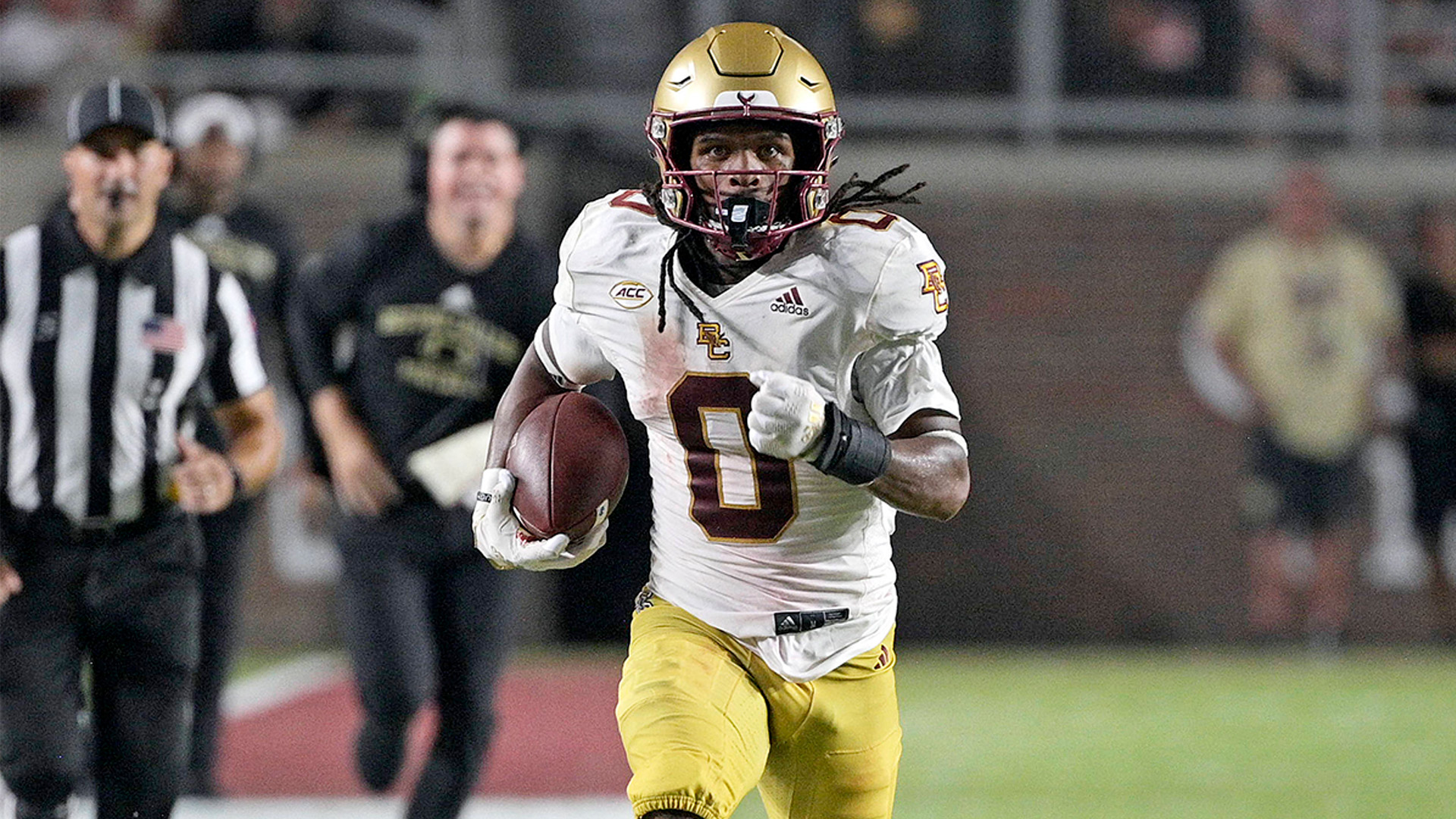Tuesday is a day of digestion for college football experts, who will digest the results of the first weekend of the season for the weekly rankings while they try to keep down the overcooked hamburgers they devoured on Labor Day.
The first in-season college football poll is due out Tuesday, and despite some upsets and lopsided scores the new poll most likely won’t look that much different from the old poll. No. 14 TCU probably won’t drop out of the Top 25 after its loss to Baylor. It might take more than a turnover-riddled loss to South Florida to force chronically overrated Notre Dame out of the rankings. Missouri and defending BCS champion Auburn could still garner votes after closer-than-anticipated victories in the opening week.
The preseason polls, based on nothing but conjecture before a single snap has been exchanged between center and quarterback, provide the basis for the Week 1 polls. This week’s poll will be the starting point for next week’s, and so on until Oklahoma and whoever makes it out of the SEC West face off in the BCS National Championship game in January. (Does anyone want to argue that won’t be the case?)
Of all the flaws that make college football the most inexact and unequal sport, preseason and early-season rankings would be the easiest to correct. Authorities have been trying for more than a century to eliminate illegal recruiting. Good luck convincing bowl executives to give up their millions in non-profit income in exchange for a true playoff. But placing an embargo on polls until at least Week 4 of the season would be relatively painless, and the result could do wonders for the system.
Although fans and coaches bemoan preseason polls, the reality is that those polls exist because of them. People clamor for lists, whether it’s David Letterman‘s Top 10 or VH1’s latest excuse to put Paul Scheer on TV. Oh yeah, and coaches? Next time you rant about preseason polls in a news conference, ask one of your media relations people to shock you with a cattle prod and remind you that you vote in your conference’s preseason rankings every summer.
The argument for polls is that they generate interest, but early in the season, interest of that sort doesn’t need to be generated. Fans are so amped for the beginning of the season, they don’t care if Stanford is demolishing San Jose State, 57-3, so why should they care whether the Cardinal is ranked seventh instead of sixth or eighth? Polls generate interest toward the end of the season, when we all wonder which team will force Boise State out of a spot in the title game. (Does anyone want to argue that won’t be the case?)
By waiting until Week 4 to conduct the first Top 25 poll, voters will have a body of work, albeit limited, to analyze. They’d have Michigan’s games against Notre Dame, Eastern Michigan and San Diego State (a solid Mountain West Conference program) to determine what the Wolverines’ 34-10 win over Western Michigan on Saturday really meant. They’d know whether Oregon State should be relegated to the FCS level after the Beavers’ embarrassing loss to Sacramento State, or if it was a one-week blip preceding solid performances against No. 11 Wisconsin, UCLA and Arizona State. They’d have a better idea of how to approach quality teams from non-automatic qualifier conferences like Boise State.
There will always be polls. Anybody with a blog can put together a Top 25 or Top 75 at any time if he or she wants. The polls that need to be eliminated are the ones that influence things, like the Harris and Coaches polls (which factor into BCS rankings), and The Associated Press poll, which doesn’t directly affect the BCS rankings but often serves as a baseline for voters in other polls. Let Skippy in his basement worry about who are the top teams in college football on Sept. 6.
Quick, who’s ranked No. 6 in the AP poll right now? If you don’t know it’s Florida State, don’t worry. It’s not important this early in the season. You don’t need to care at this point. And if you don’t care, poll voters shouldn’t need to, either.



